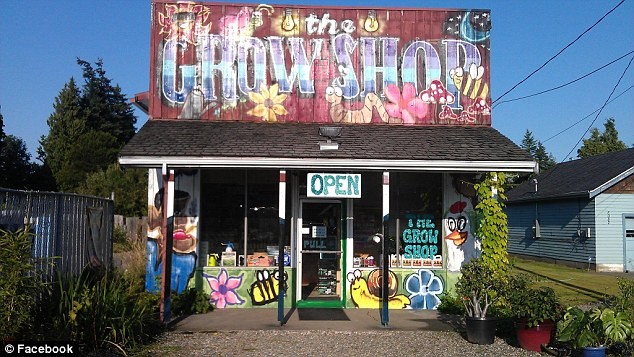Are the older children of stoner parents in danger of abuse and neglect like the younger ones? Last year in Minnesota, a nine-year-old girl walked to the police station and told police about her parents who were growing, smoking and selling marijuana. She said the smell of the smoke was making her sick.
In Tennessee, a 15-year-old boy lived in fear of violent father. He confided in a friend’s family that he was afraid to go home. The friend’s mom told police, who went to investigate child abuse. They accidentally found a whole lot more, discovering a huge, indoor marijuana grow. Marijuana activists claim that stoners are calm and non-violent. The evidence suggests otherwise.
Ed Gogek, MD, psychiatrist, explained that in his practice of treating children and over 30 years of experience, the children whose parents used pot mainly felt neglect. “They knew when marijuana was a priority over them and were not happy about, feeling rejected.” Here’s some real stories about custody for pot parents.
Parents Lose Custody and Keep Custody after Investigation
In Washington, the 5-year-old son of Jesse and Vicca Thompson had been taken away after he tested + for THC. The story of this couple, “medical” marijuana dispensary owners, was featured in an episode of 20/20 last January. Their supporters cheered them on as the television crew and others waited for a ruling from Child Protective Services (CPS). In the television segment, the mother described how she fed marijuana to her 13-year-old to sedate him when he became difficult. (The mother is a medical marijuana cardholder.) To her surprise, authorities gave custody of the older son to his biological father, but the younger son was allowed to return to the biological parents.

The parents had no idea how irresponsible and lazy their parenting appeared to non-drug users, even if they weren’t violent. A former employee had reported them to authorities. After the Thompsons got their younger son, Jerry, back and they swore off giving marijuana to him.
A Tragic Ending After Mom Loses Custody
For at least one mother who tested positive for THC and lost custody of her 9-year-old daughter, social services intervention led to a deadly outcome. Jody Herring, a 40-year-old woman in Vermont, shot Lara Sobel, the social worker who wouldn’t allow her to keep custody of her daughter. On August 7, 2015, she also shot and killed the three relatives – Rhonda Herring, Regina Herring and Julie Falzarano — who had been given custody of her daughter.
When it eventually comes to trial, Jody Herring’s mental health records may be sealed. She had a lengthy arrest record and it’s certain marijuana use was a huge part of Jody Herring’s mode of operating. Jody lost custody after she tested positive for THC and excused it by saying that she takes THC pills. Since Sobel knew there were no THC pills, she knew that Herring was lying. The story is so sad and unfortunate, but it’s also unfortunate that people aren’t adequately warned about how dangerous marijuana really is for brain health.
Why is Vermont Considering Legalization?
To a certain extent, the tiny state of Vermont already has the problems from its heavy teenage marijuana use. As described in our earlier blogs, one infant died in 2015 and one toddler died in 2014 because of stoner parents and guardians. A 17-year-old driver killed himself and an bicyclist last April while driving stoned. If the state legislature decides to legalize, they will add to the social problems and to the failure of family services in their tiny state. Family services do not have a chance to be successful unless drug use is addressed — which cannot be done with marijuana legalization.
(Since we wrote this article Vermont considered and then rejected marijuana legalization.)
The states that had heavy teen marijuana use back in 2011 — specifically Vermont, Oregon and Colorado — also had higher rates of opiate, cocaine and heroin abuse. “Correlation does not mean causation,” the marijuana community tells us. They cannot explain away this analogy, or that fact that Colorado has seen a spike in suicides since legalization.
Follow our posts to read Part 2 for older kids in immediate danger from fires and Part 3 for more information about how parents’ marijuana affects the kids. Read Part 4, the conclusion. See our fact sheet about the deaths of little children related mainly to parents or caregivers’ pot use.

